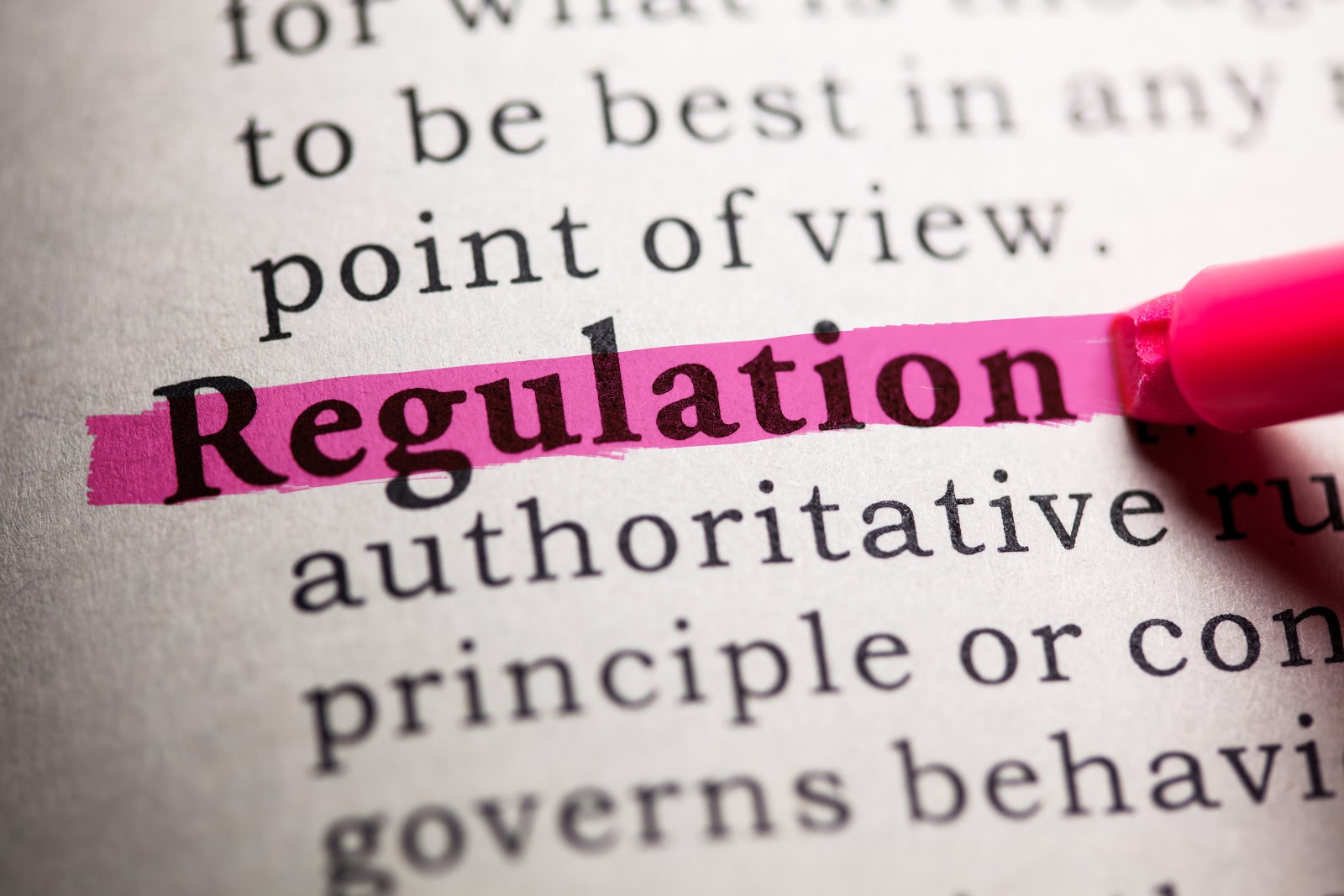Regulation has always been a real obstacle to mainstream adoption in the crypto arena. The message is coming across very loud and clear from a variety of market participants including Treasury Secretary to the US Janet Yellen who has publicly ripped into Bitcoin calling it an “inefficient way of conducting transactions”. Would she still say that if the US was regulating and reaping rewards from the industry? More recently, the Central Bank of India has all but banned the use of cryptocurrencies, with bitcoin tumbling 20% on the news. Bitcoin is very sensitive to this kind of news. The problem with cryptocurrencies is there is no one set rule or body to monitor crypto activity globally. Each country creates its own rules and still, cryptos remain unregulated.
The Global Picture
A variety of countries have stressed that cryptocurrencies open the door to illicit activities like money laundering and the sale of drugs. These include Algeria, Bolivia, Morocco, Nepal, Pakistan, and Vietnam who have restricted any form of activity that involves digital currencies.
And some now require financial institutions that manage digital assets to use enhanced due diligence, these include Australia, Canada, and the Isle of Man who has implemented legislation that dictates that crypto transactions should come under the scope of both counterterrorism and money laundering laws.
Qatar and Bahrain meanwhile, allow their citizens to engage in cryptocurrency activities outside of their borders only. Still, other jurisdictions, while not directly banning activities involving cryptos, have restricted banking institutions inside their jurisdictions from facilitating transactions that involve cryptos. They include Bangladesh, Iran, Thailand, Lithuania, Lesotho, China, and Colombia.
Not every country that has banned cryptocurrency as legal tender is against the idea of the blockchain and the huge potential it brings. As such, some of these countries are trying to develop a crypto-friendly environment that helps bring investment into local companies developing the blockchain and the crypto industry. This includes Spain, Belarus, the Cayman Islands, and Luxemburg.
On the other hand, Some jurisdictions are working hard on developing their own official digital currencies, including China, which has even taken the precedent of giving some of their citizen’s little red packets with digital currency to kickstart the program.
The regulation should smooth all the bumps and potentially lessen concerns surrounding this area, while also alleviating the risks that cryptocurrency brings.
Regulated Projects
Some companies are paving the way for this type of blanket regulation. Coinzoom, a US registered Money Services Business (MSB) in 48 states of the US, is setting the bar for crypto exchanges by being regulated in multiple jurisdictions. It has also taken the initiative of becoming licensed as a money transmitter in 45 states, with approval from other states pending. As such it is required to do due diligence and KYC on all of its clients in order to prevent the threat of fraud, terrorism, and money laundering (AML). The Australian arm of the company, CoinZoom Australia Pty Ltd. has been granted a Digital Currency Exchange License by AUSTRAC the governing regulator in Australia.
CoinZoom has gone even further than getting regulated; they also have a remittance system called ZoomMe, which works in the same way as Paypal, yet passes cryptocurrencies from person to person. This global payment transfer platform enables users to send fiat money or cryptocurrency anywhere, on a 100% commission-free basis.
Another innovative company that is using regulation as one way to help propel crypto forward is Public Mint, which enables users to engage in fiat currency transactions, via the blockchain in a decentralized approach to money transfer, where customers transact using tokens that are pegged to fiat currency. Users open a Public Mint wallet and then fund it with fiat currency, which they can then transact with over the blockchain. Once they are done they can withdraw it into their own bank accounts. The funds are fully collateralized and held on deposit with FDIC-insured financial institutions, which maintain the reserves necessary to underwrite all synthetic fiat 1:1. This is all verified via 3rd-party audits.
Concordium who pushes privacy-centric, public, and permissionless Blockchain, built for businesses, which are designed to be regulatory compliant, believes that the future of the blockchain lies in a regulated infrastructure. They have found a way to overcome the issue of companies that cannot necessarily be compliant with the regulators AML rules or those that demand a KYC process for service providers. They do this by using ID on the protocol level which is protected by Zero-Knowledge proof tech, which was designed by leading researchers like Dr. Torben Pedersen, creator of the Pedersen commitment, and Prof. Ivan Damgård, father of the Merkel-Damgård Construct. According to Concordium:
“Blockchain will power existing businesses and enable new business models but also enable regulation of all transactions on this novel infrastructure.”
Lone Fonss Schroder, CEO of Concordium, in a recent RealVision Podcast, went on record to say:
“I can’t see a future where you can do transactions with cryptocurrencies, say, outside in a system that is very different from the regulatory environment of the banking system”
And this we have learned over the past few years. Regulation is perhaps the missing piece of the crypto puzzle and will be a necessary step in the race to mass adoption.
Credit: Source link























